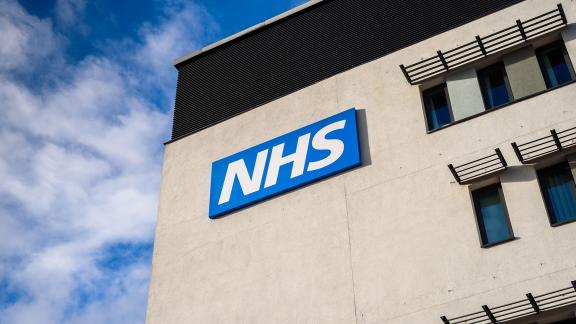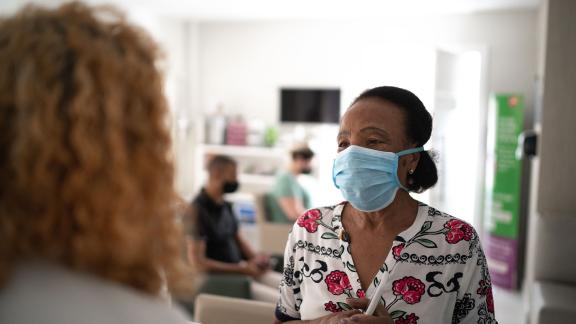Latest winter situation report reveals rising pressure in NHS

- Ambulances transported 77,937 patients to A&Es across the country last week, up from 72,009 the week before.
- Despite the increase in patients, fewer hours were lost to delays outside hospitals last week (10,170) compared to the previous seven days (13,921).
- More people called NHS 111 last week, with 316,394 calls answered (up from 301,045 the week before).
- While the number of patients remaining in hospital who no longer need to be there has decreased slightly from the week before (from 14,036 to 13,566), bed occupancy remains high, with more than 19 in 20 beds occupied across adult general and acute hospital wards (95.1%).
- The number of patients in hospital with flu has fallen down to 2,034 (of which 1,893 patients were in general and acute beds and 141 in critical care beds), from a peak of 5,441 in the week ending 1 January.
- However, norovirus cases are up, with 371 adult beds occupied by patients with D&V/norovirus-like symptoms last week - twice as many as this time last year - and up from 344 in the week before.
Responding to the latest winter situation report and workforce data, Dr Layla McCay director of policy at the NHS Confederation, said:
“The latest winter situation report shows the continued pressures that NHS leaders and their staff are under. As they get further into the new year, our members say they are continuing to work in difficult conditions as they contend with sustained industrial action which carries risks to patient safety.
“Whilst staff absence is down and the number of people in hospital with flu continues to decrease, the new data released today tells us that the NHS is under more pressure than it was last year. Bed occupancy remains high and there are still over 13,500 medically fit patients who are stuck in hospital but unable to be discharged in part due to insufficient availability of social care support. This means that we will continue to see patients having to wait in hospital corridors for a bed to become free. It’s also worrying to see that twice as many beds as this time last year are filled by people with norovirus cases – a concerning development that we will need to keep a close eye on.
"We are grateful to the public for their continued support at this difficult time and are pleased to see that more people are using NHS 111 to seek advice where appropriate. We call on the public to continue using services responsibly as we enter a period of sustained industrial action, and to appreciate the pressures NHS staff are working under.
“Yet, against this backdrop the NHS continues to deliver. It is testament to the hard work of NHS staff that they have achieved a reduction in handover delays and are making in-roads into elective waiting lists despite the fundamental capacity gap they are facing. We are also seeing more people come out of hospital and go into the community, with nearly 500 patients discharged from hospital last week.
“We must continue to learn from the harsh lessons of this winter and the government should do all it can to put us in a better position for next time. Critical to that is addressing the worsening workforce crisis we continue to see in health and care whilst also reaching a compromise with the unions so we can overcome this impasse that is holding the NHS back.”



